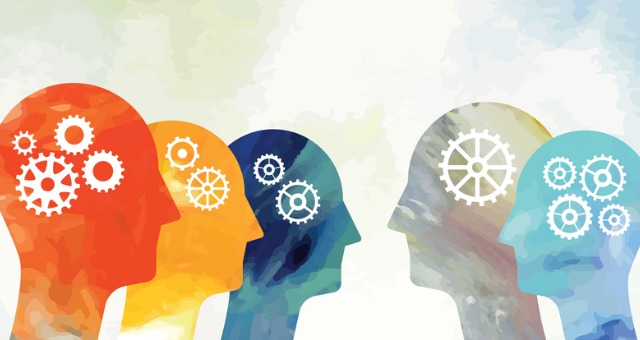
The concepts of Limiting and Empowering Beliefs in coaching are closely related to Mindset Theory, as they are integral components of an individual’s mindset, which is the underlying set of beliefs and attitudes that shape their thoughts, behaviors and actions. Below we will explore how these concepts intersect and interact within the framework of Mindset Theory.
Mindset Theory, developed by Carol Dweck, posits the existence of two main mindsets: the Fixed Mindset and the Growth Mindset. These mindsets are based on beliefs about the malleability of one’s abilities and intelligence.
A Fixed Mindset believes that skills are static and unchangeable, while a Growth Mindset believes that skills can be developed through effort and learning.
Limiting Beliefs are associated with a Fixed Mindset. When an individual has Limiting Beliefs, he tends to believe that his abilities are fixed and this belief limits his potential for growth and development.
These beliefs often manifest as self-doubt, fear of failure, and avoidance of challenges, which can hinder personal and professional progress.
Empowering Beliefs align with the principles of a Growth Mindset. People with Empowering Beliefs have the confidence that they can improve and grow, and this encourages a more positive and proactive approach to life’s challenges.
Empowering Beliefs encourage people to accept challenges, persist in the face of setbacks, and view effort as a path to mastery and achievement.
Relationships between Beliefs and Mindsets
Limiting Beliefs are essentially a manifestation of a Fixed Mindset. When someone believes they lack the ability to change or develop, they are operating with a Fixed Mindset. This perspective aligns with the basic principles of Mindset Theory.
Empowering Beliefs, on the other hand, reflect the basic principles of a Growth Mindset. A person with Empowering Beliefs perceives their abilities as flexible and open to improvement, which corresponds directly to the point of view of the Growth Mindset.
We can observe that in most pairs of Mindsets there is a clear correspondence with a specific set of beliefs.
Fixed Mindset: The person who has a Fixed Mindset also has mostly Limiting Beliefs.
Growth Mindset: The individual who has a Growth Mindset also has mostly Empowering Beliefs.
Other types of mindsets that are clearly associated with Limiting Beliefs are the Pessimistic Mindset and the Scarcity Mindset.
In addition, other types of mindsets that can be related to Empowering Beliefs are the Optimistic Mindset, the Abundance Mindset and the Expert Mindset.
Beliefs and Mindsets in the context of Coaching
In the context of coaching and personal development, Mindset Theory provides a framework for understanding the beliefs underlying an individual’s mindset. Coaches use this understanding to identify and address Limiting Beliefs and encourage the adoption of Empowering Beliefs. This is how they relate in coaching:
Identify and Challenge Limiting Beliefs: Coaches help clients recognize their Limiting Beliefs, often linked to a Fixed Mindset, and challenge these beliefs. This involves asking questions, examining evidence, and fostering self-awareness to reveal the irrational nature of these beliefs.
Cultivating Empowering Beliefs: Coaches work with clients to develop Empowering Beliefs that are consistent with a Growth Mindset. They encourage people to see challenges as opportunities for growth, accept the importance of effort, and cultivate a sense of resilience and self-empowerment.
Mindset Shift: The coaching process often includes a fundamental mindset shift from a Fixed Mindset (characterized by Limiting Beliefs) to a Growth Mindset (driven by Empowering Beliefs). This change is integral to the client’s personal and professional development.
Goal Achievement: With a Growth Mindset and Empowering Beliefs, clients are better equipped to set and achieve their goals. They are more willing to take on challenges, persist in the face of setbacks, and see effort as a means to achieving mastery.
In summary, Limiting and Empowering Beliefs in coaching are directly related to Mindset Theory, as they reflect the Fixed and Growth mindsets, respectively.
Coaching involves helping people recognize and challenge Limiting Beliefs while encouraging the development of Empowering Beliefs, which ultimately facilitates a shift from a Fixed to a Growth Mindset, which can have a profound impact on personal growth and achievements.